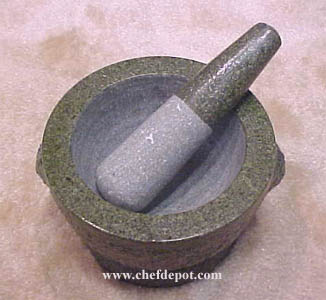The houses attracted migrants who were coming to Derby in large numbers in search of industrial employment. The main places of employment for the 'labouring classes' in Derby as silk and cotton mills, net-laceworks, china works, foundries and lead and paper mills together with stockingers
The street was given its name from a stamp on a sherd of Roman mortarium which had been dug up on Old Chester Road in 1875. Here, mortarium is a Roman grinding bowl, or mortar; a culinary pottery form. Examples are often stamped with maker's name, and some sophisticated versions have been found.

The house was lit by gaslight, had open fires and a kitchen range. Outside, rabbits were kept in the cow shed and some remnants of its days as a farm survived: a dovecot, pig sties, a pigeon trap, horse power gear, a grindstone and frame and a liquid manure pump.

His death left a void which would have been hard to fill had the parish not been inundated, not with floods but with the people who were moving into the new houses.
Suffragette means the right to vote, suffix "-ette" indicates woman's suffrage movement, the more inclusive word "suffragist" should be used for both male and female members of suffrage movement.
The street was given its name from a stamp on a sherd of Roman mortarium which had been dug up on Old Chester Road in 1875. Here, mortarium is a Roman grinding bowl, or mortar; a culinary pottery form. Examples are often stamped with maker's name, and some sophisticated versions have been found.

The house was lit by gaslight, had open fires and a kitchen range. Outside, rabbits were kept in the cow shed and some remnants of its days as a farm survived: a dovecot, pig sties, a pigeon trap, horse power gear, a grindstone and frame and a liquid manure pump.

His death left a void which would have been hard to fill had the parish not been inundated, not with floods but with the people who were moving into the new houses.
Suffragette means the right to vote, suffix "-ette" indicates woman's suffrage movement, the more inclusive word "suffragist" should be used for both male and female members of suffrage movement.
Comments
Post a Comment